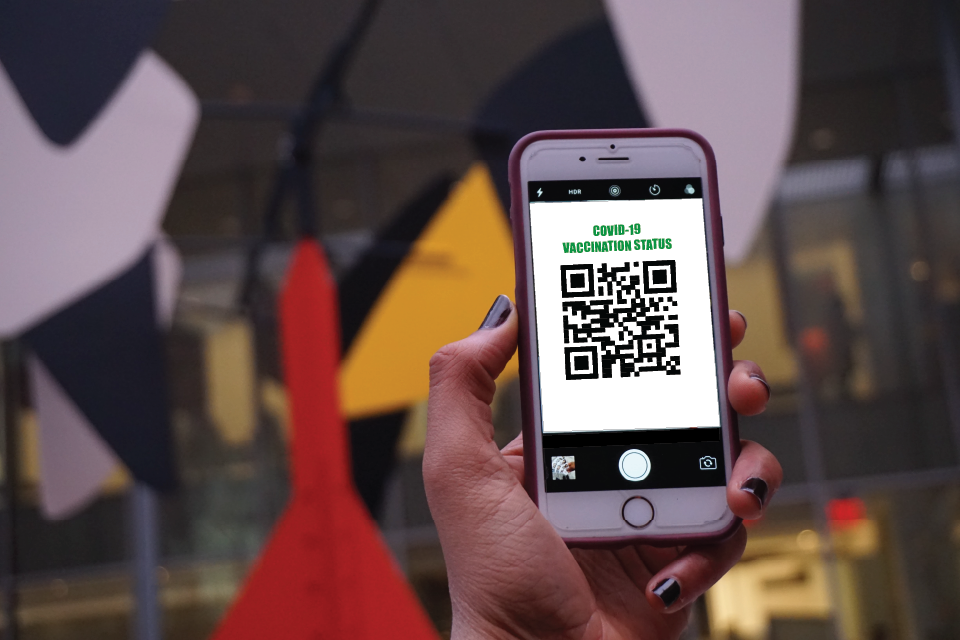Great! You Are Vaccinated! Now: PROVE IT

As vaccines roll out across the world, we are all getting a little more optimistic that we will be able to travel (remember that?) and see friends and family again. But don’t get your wheelie suitcase out just yet. How will you PROVE, in an acceptable way, that you are vaccinated? What will you need that you can easily show to the various powers-that-be to allow you on the plane? At work? In the dorm? In the retirement community where your in-laws live? On the heels of the largest vaccine rollout in the history of the world comes this question: HOW can we have easy access to and universally share and verify vaccination records while also preserving privacy?
Not surprisingly, technology could provide a feasible tool to do this. In January, a coalition of health and technology leaders shared an initiative that would streamline COVID-19 immunization credentialing. The Vaccination Credential Initiative (VCI) is comprised of big names that have partnered together to share their resources: Microsoft, the Mayo Clinic, Oracle, SalesForce, and The Commons Project, as well as Epic and Cerner, whose electronic records software is used by more than 50% of the U.S. health care market. Big players mean broad reach and abundant resources, both intellectual and financial that could help contribute to the initiative’s success. The goal of the coalition is to giving digital access to individuals to their vaccination records, in a standardized, open way.
The concept is that the lab will issue you, the vaccinated person, a verifiable credential. You will be able to receive and store the credentials and then present it to a verifier, who will ensure that they are properly signed. Described as “vaccination passports,” a QR-code can be displayed from your smartphone, like a digital card in your virtual wallet. The verification uses FHIR, or Fast Healthcare Interoperability Resources, a global health data format that is meant to increase sharing or interoperability. (Apple uses this same framework to pull a person’s medical record data into its Health app.) Since current vaccination record systems do not support convenient access, control and sharing of records, having access to this key health data in your pocket is a vast improvement.
What happens for a user without access to a smartphone, or an individual who is not comfortable with mobile technology? Spoiler alert – it will not be as easy or functional, but it will still be possible. A lab will generate verifiable credentials available for download by the user who then print the QR code or share a link to the copy of the verifiable credential that is hosted on a server to the verifying party. VCI is not the only game in town: individual countries are attempting to and in the process of creating “vaccine passports” or certificates that are similar to the VCI model for their citizens.
The jury is still out on if this type of technology will be universally accepted – the effectiveness of vaccines themselves are still being studied even as variants of the virus persist, and vaccines are not even authorized for deployment to children yet. For business owners to consider for future planning: will you require your staff to have a proof of vaccination “passport?” to return to the office? Current information suggests that for access to flights, conventions, and group gatherings, proof of vaccination will be required – whether you share it digitally or on paper.






